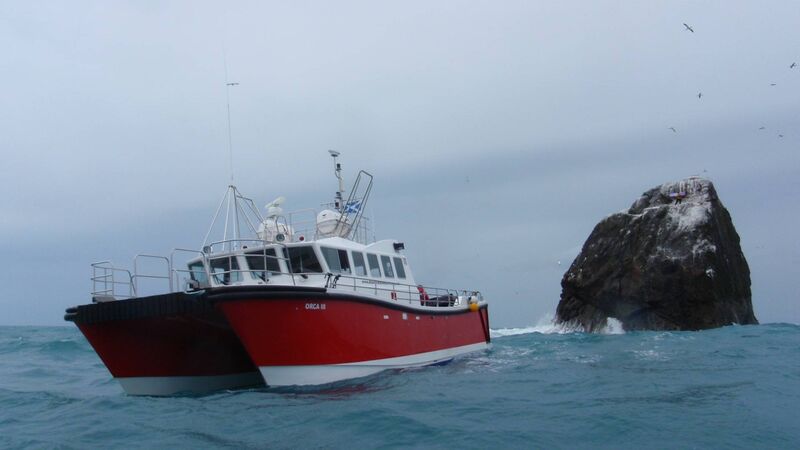Thu, 07 Jan, 2021 - 08:43
The boarding by a British patrol boat of an Irish fishing vessel in international waters is a regrettable, disturbing, and unwarranted escalation of the ongoing dispute over Rockall, an uninhabitable granite islet situated in the North Atlantic Ocean.
Barely had the new year dawned than a Marine Scotland patrol boat blocked a Donegal fishing vessel from entering the waters around Rockall.
Already a subscriber? Sign in
You have reached your article limit.
Subscribe to access all of the Irish Examiner.
Annual €130 €80
Best value
Monthly €12€6 / month
Introductory offers for new customers. Annual billed once for first year. Renews at €130. Monthly initial discount (first 3 months) billed monthly, then €12 a month. Ts&Cs apply.
CONNECT WITH US TODAY
Be the first to know the latest news and updates














